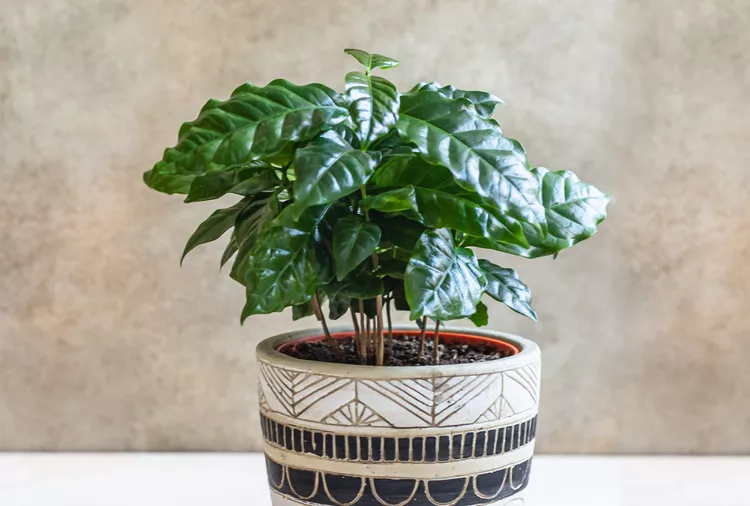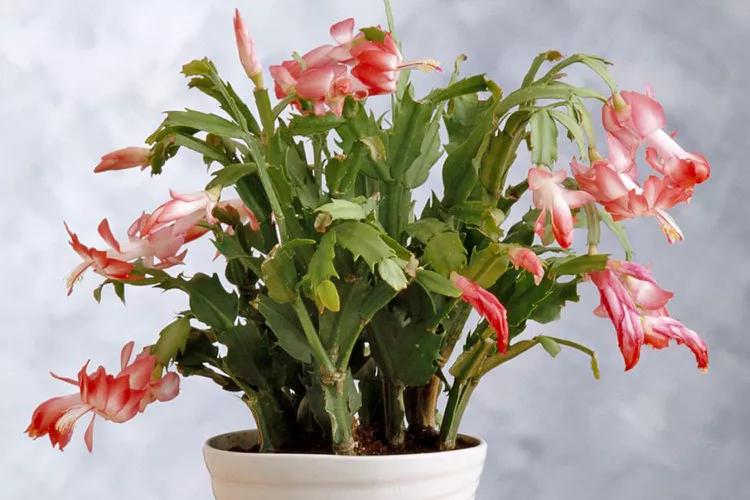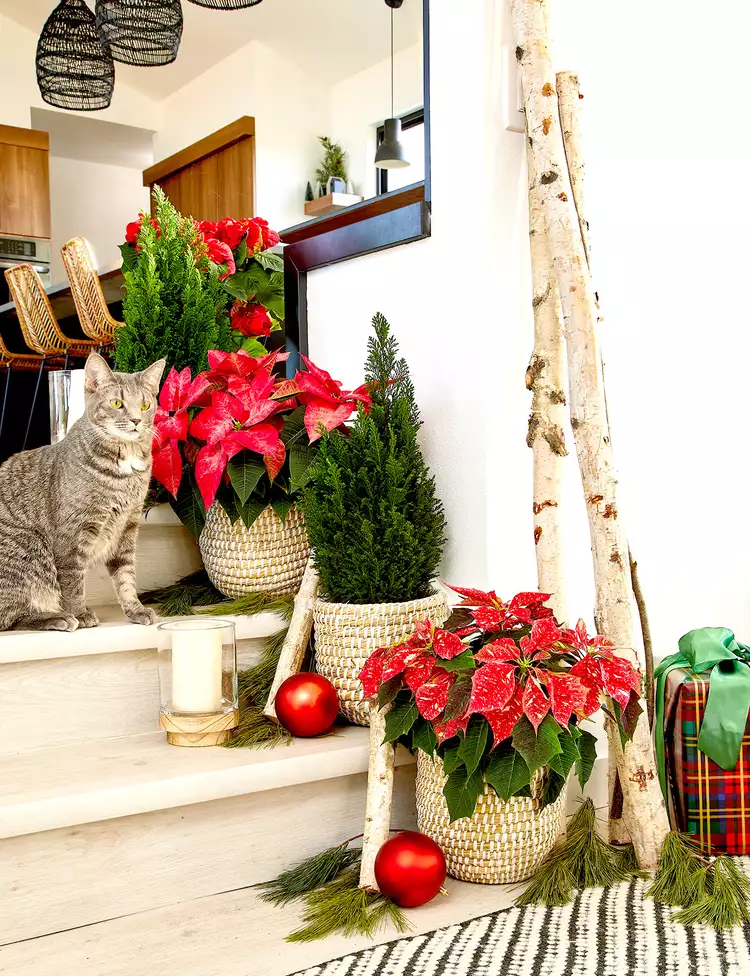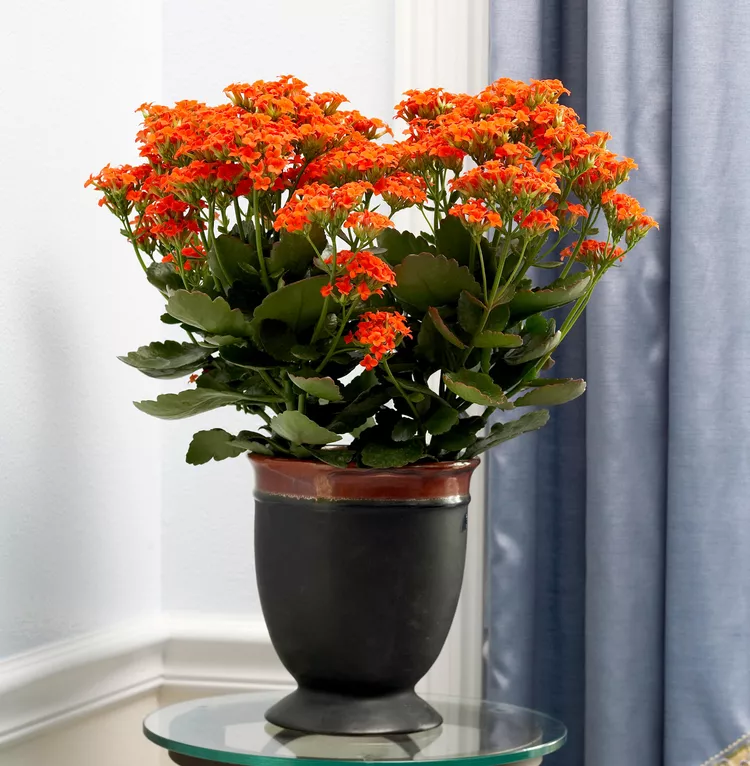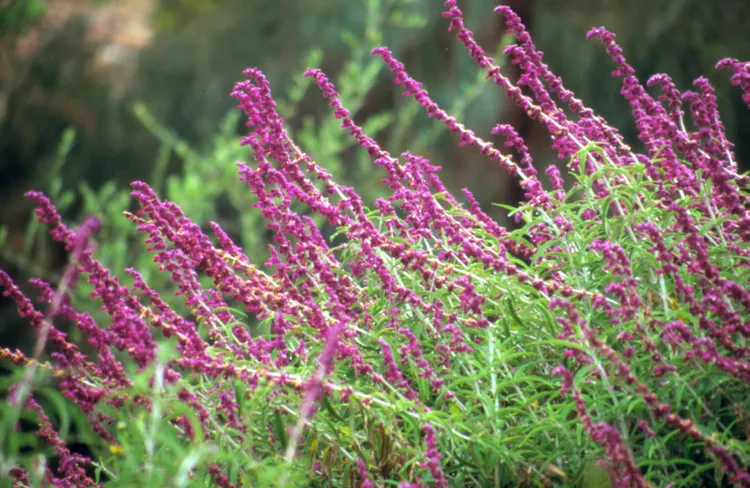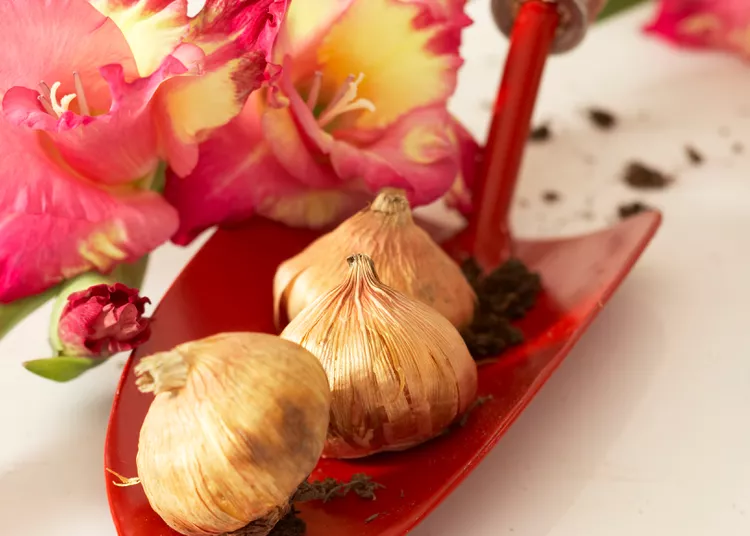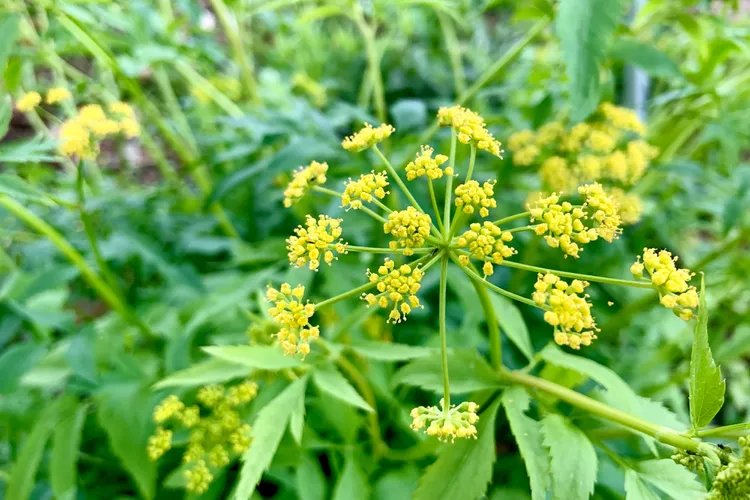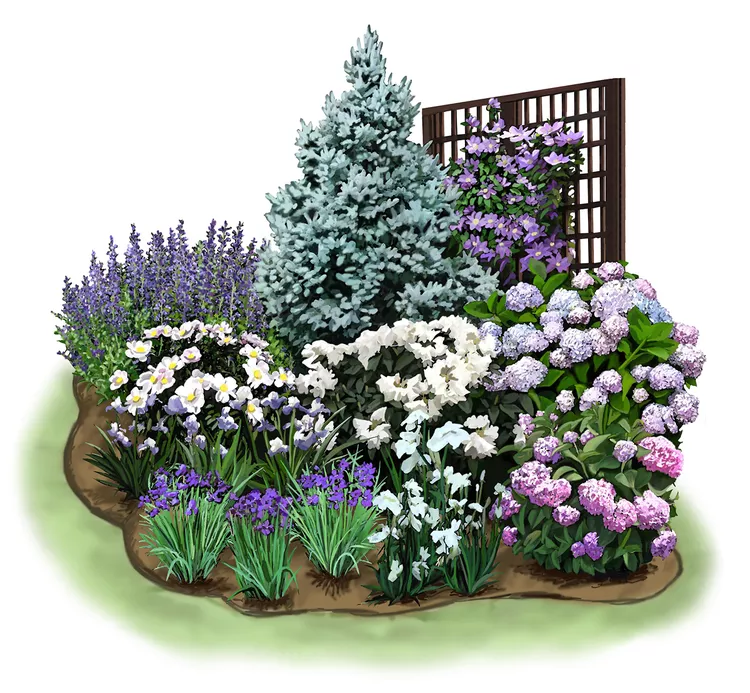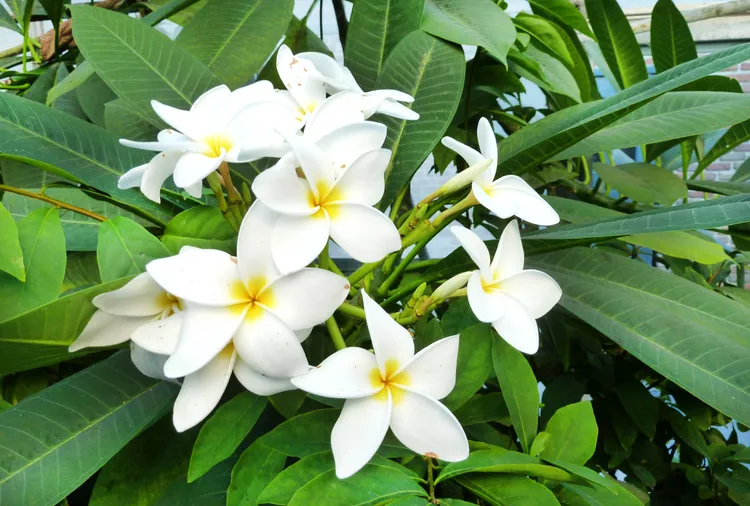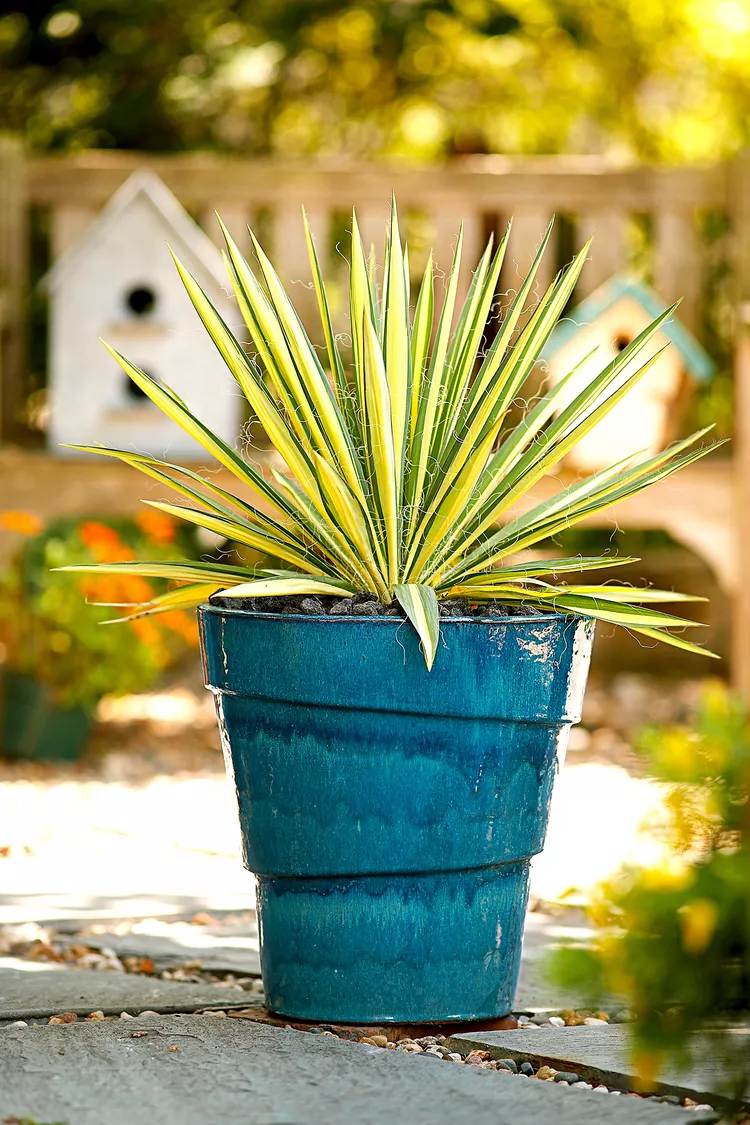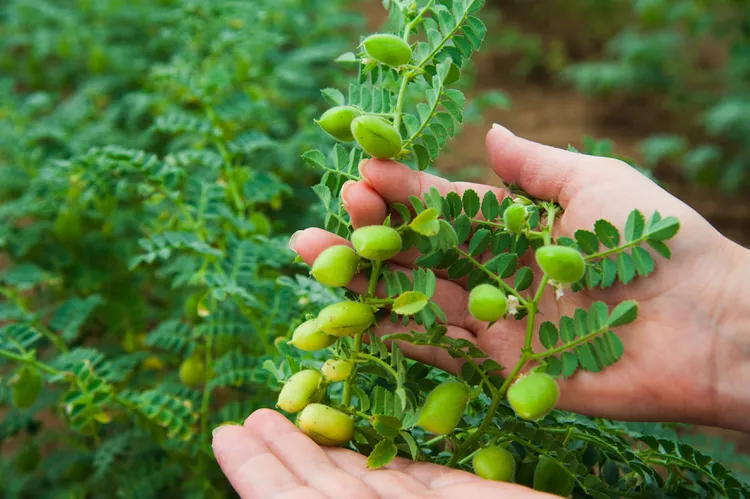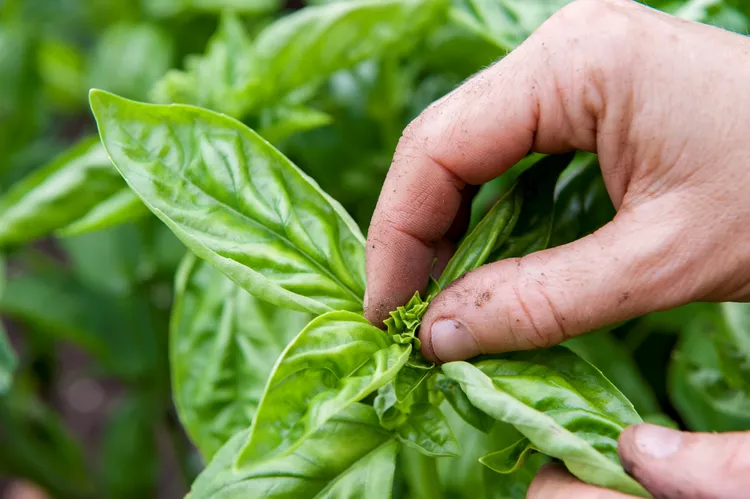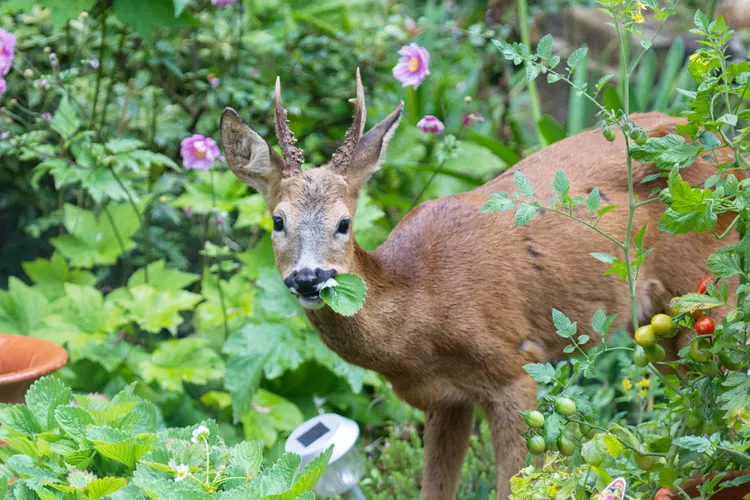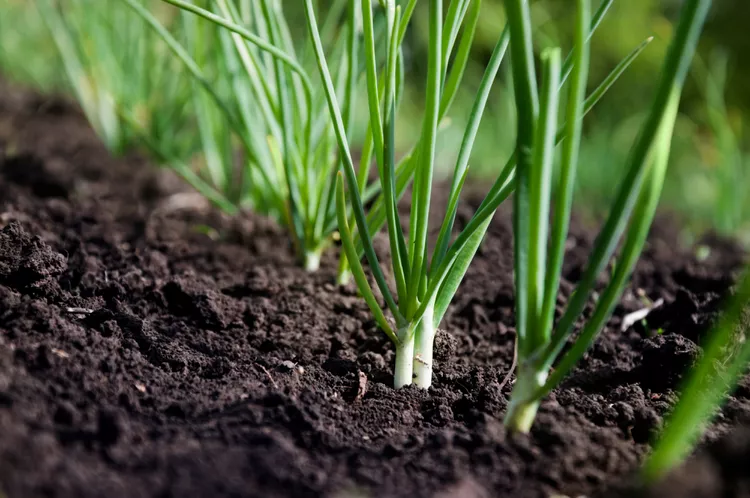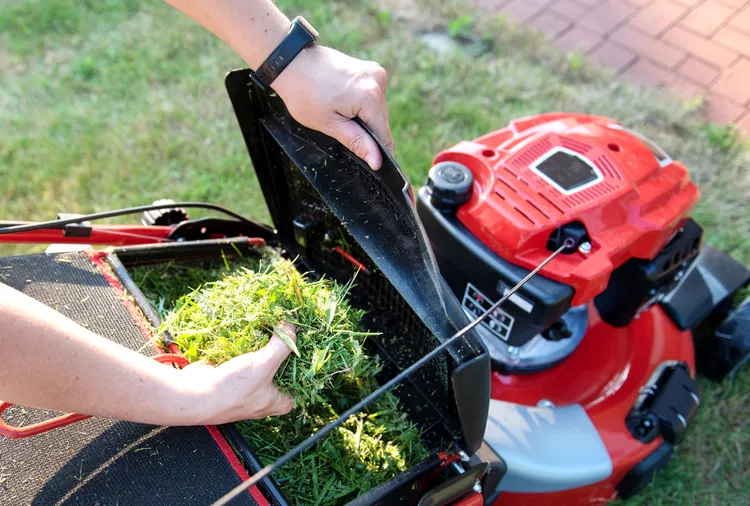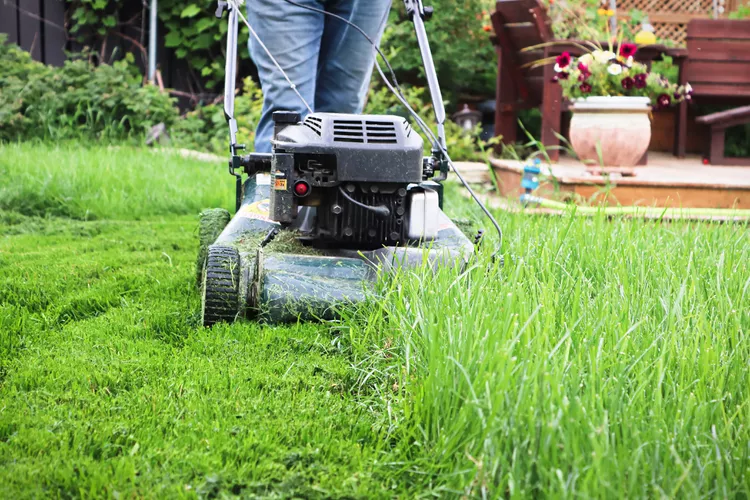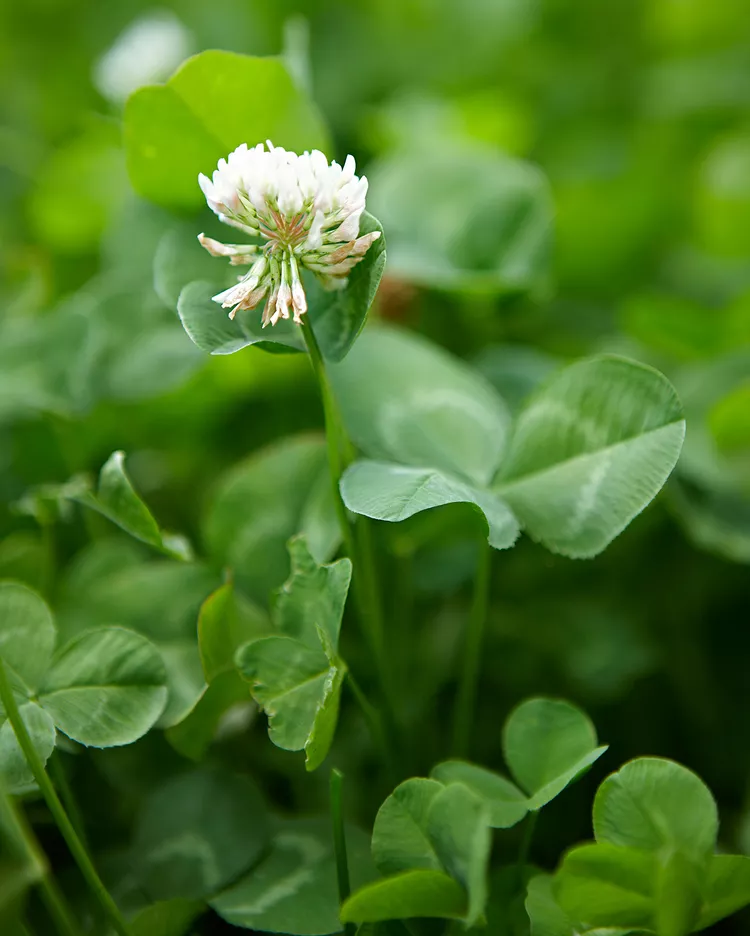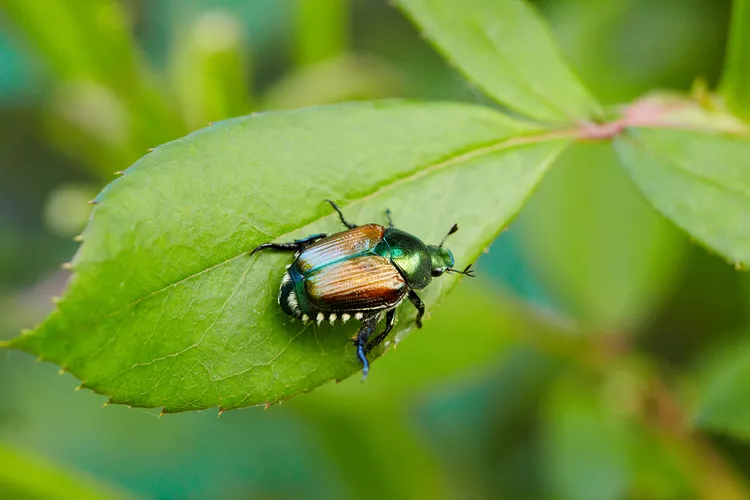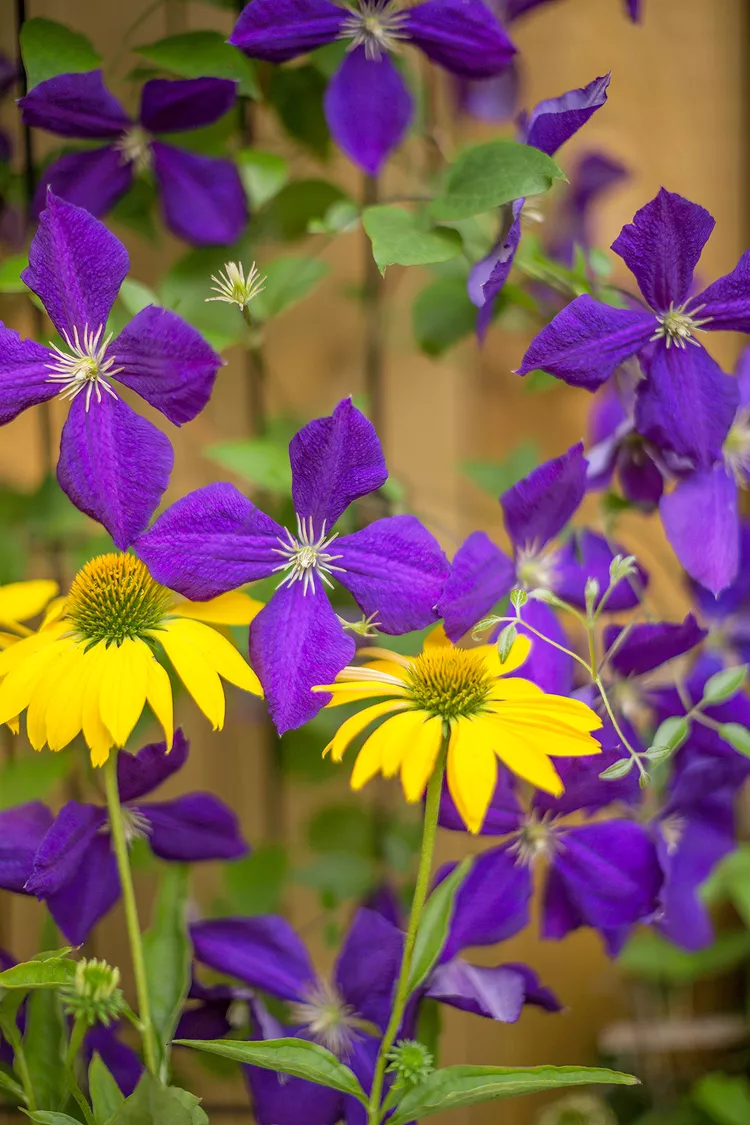The money tree (Pachira aquatica) is a popular houseplant, beloved for its hand-shaped leaves and ability to thrive in the low light that often exists indoors. Asian legend has it that this tropical plant brings its owner good luck and financial success. So what does it mean when your money tree leaves are turning brown? Are you doomed to bad luck? Of course not! You just need to figure out what’s going on. Growing healthy plants is science, not magic. Here are some possible causes of those brown leaves, along with solutions to get them green again.
Reasons for Money Tree Leaves Turning Brown
1. Too Little Water
Brown leaves might be a sign that your money tree is thirsty. Underwatering a money tree causes dry, brown edges on the leaves. Eventually, the entire leaf turns brown and falls off the plant. Money tree plants are native to the wetlands of Central and South America and are grown extensively in Japan and East Asia where there is a lot of water. Money tree plants do best with weekly watering. Add water slowly until the water runs out of the bottom of the pot.
2. Too Much Water
Overwatering can cause money tree leaves to turn brown, too. Give too much water to your money tree and its roots will drown and rot because sodden soil prevents the roots from absorbing oxygen and nutrients from the soil. When the plant doesn’t get nutrients, the leaves turn brown and die. Proper watering is the key to keeping your money tree healthy. Let the top couple of inches of soil dry out between waterings. Water the plant until the water runs out of the pot’s drainage holes; then empty the excess water so the plant’s roots are not left standing in water.
3. Pests
Mealybugs or spider mites can cause leaves to brown in the late stages of an infestation. These tiny pests suck the sap out of your plant, turning leaves yellow and then brown. It’s possible to miss the stage where the leaves turn yellow and notice only the brown leaves. Inspect the leaves for signs of bugs. If you find them, spray the entire plant with insecticidal soap or neem oil.
Trim off the brown leaves. Once they turn completely brown, they cannot be saved. Concentrate on rescuing the remaining green leaves and getting the plant healthy.
4. Air Drafts
Sudden temperature changes can cause leaves to brown and drop. Keep your money tree away from drafty windows or heating and air conditioning vents. Sudden blasts of cold or hot air can stress the plant and turn its leaves brown. Put your money tree in a spot where it gets consistent ambient temperature.
5. Fungal and Bacterial Infections
If the leaves are covered with brown spots, your money tree may have a fungal or bacterial infection. Fungi and bacteria thrive in wet, humid conditions. Left untreated, they kill the plant tissue in the leaves. Treat infected leaves with a copper fungicide and isolate the sick plant from your other plants until it is healthy again. To prevent fungal and bacterial infections, water the money tree at the roots, not from the top where water gets on the leaves. Wet leaves that don’t dry out quickly can become breeding areas for fungus and bacteria.
6. Low Humidity
Dry air can cause money tree leaves to turn brown, especially in winter when indoor heat lowers the humidity. These tropical plants like moist air. Don’t spritz the leaves with water because you could encourage a fungal infection. The best solution is a humidifier. Place it near your tropical plants so they’re in consistently moist air.
Will the Money Tree Grow New Leaves?
In most cases, the money tree will grow new leaves. Fix what’s causing those brown leaves and give the plant some TLC to return it to health. This includes the right light, water, and a gentle boost of fertilizer. When your money tree is healthy again, it will produce new growth.

